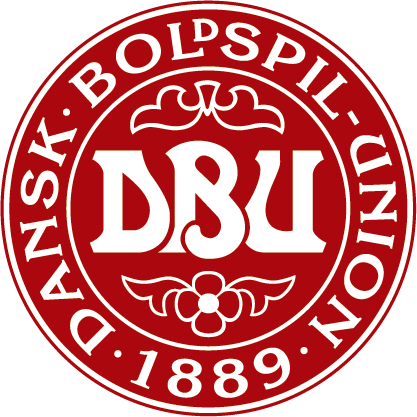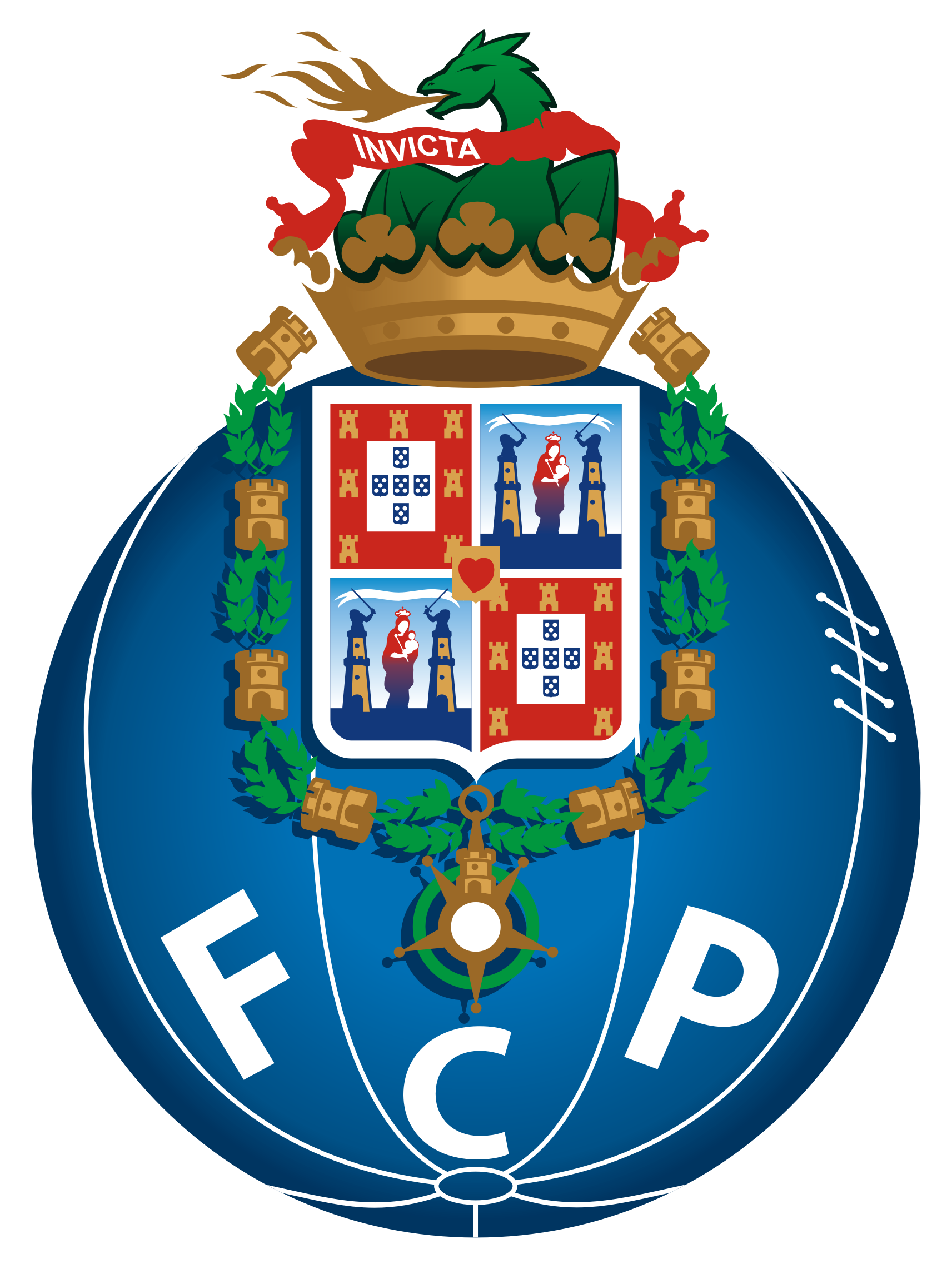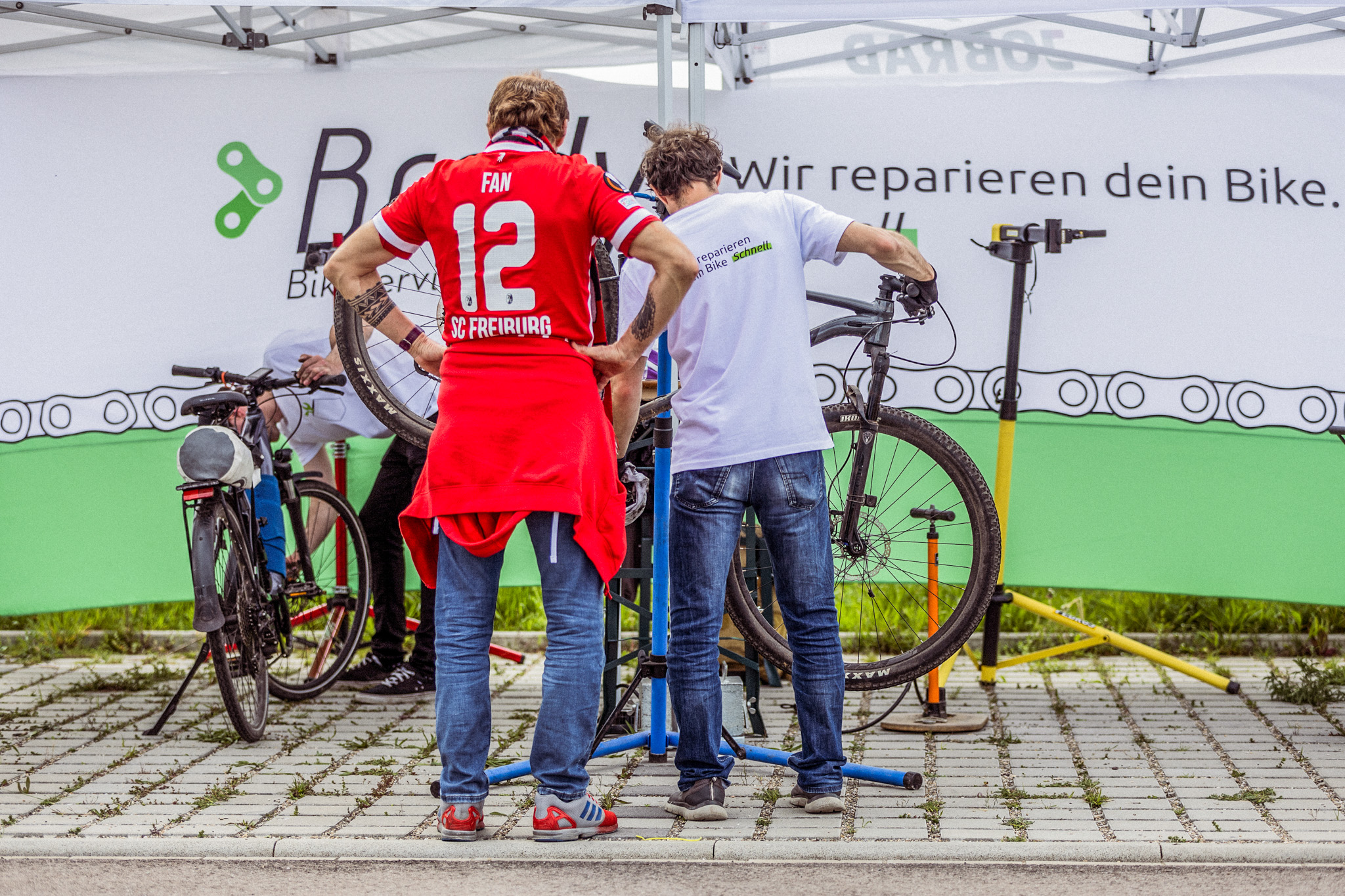The ACCESS project publishes its collection of good practices
While the project partners have been working on improving their own processes and practices through the Circular City Committees, a parallel work has been taking place in the background – resulting in a comprehensive collection of good practices in circular economy for sports and cities.
Divided in five sections, this compendium is a collection of 21 good practices in responsible environmental management, circular economy and nature conservation and was produced to serve as a source of inspiration not only for the sport organisations participating in the ACCESS project but also for sport organisations beyond the project, as well as local and regional authorities across Europe.
The objective of this publication is to showcase the best practices in various fields grouped into resource and waste management, food and beverage management, infrastructure management, mobility and accommodation and cross-sectoral cooperation for climate and environment, while highlighting the interdisciplinary approach to solutions and new processes and practices. The stories and testimonies that were collected and selected reflect the best practices coming from both ACCESS partners, as well as other European initiatives. They were drafted after a thorough desk research, follow up interviews and validations with the author or owner of the good practice.
Many sport organisations and relevant entities have been publishing numerous guidelines, collections of best practices and similar, each covering relevant processes and occurrences specific to the objectives and the nature of those organisations and entities. Some of the most general, comprehensive and relevant to consider could surely be those of the UN and Sports for Climate Action Framework, the International Olympic Committee, the International Union for Conservation of Nature and others, as well as many other sport-specific ones. However, the focus and the field of interest of this collection, as well as the whole project was rather emphasizing the collaboration between sport organisations, local and regional authorities, as well as relevant stakeholders along the sports value chain.
Although there are already 21 exemplary practices included in the collection, new ones will be added in the coming months. If there is a good practice that was missed, please signal it to contact@access-cc.eu and we will be happy to include it.
One of the contributors, Ernest Kovacs, who also happens to coordinate the project on behalf of ACR+, said:
This recent publication shows that examples of good practices exist out there, most of them having tangible and measurable proofs and results, and that their replicability potential is significant. It also shows that environmental management in sports started evolving into what the ACCESS projects wanted to see at its very beginning – sport clubs reaching out to their local stakeholders, including local and regional authorities, for securing a plethora of added values a good practice could bring to the local community and to the overall circularity of our cities and regions. Such practices, achievements and benefits must be communicated and showcased to a wider audience, to inspire those who are about to embark a similar journey and to raise the bar among those who are already active in the field of environmental management in sports. And I hope, this publication succeeded in that.
Ernest Kovacs, ACR+
Photo credits: FC Freiburg















